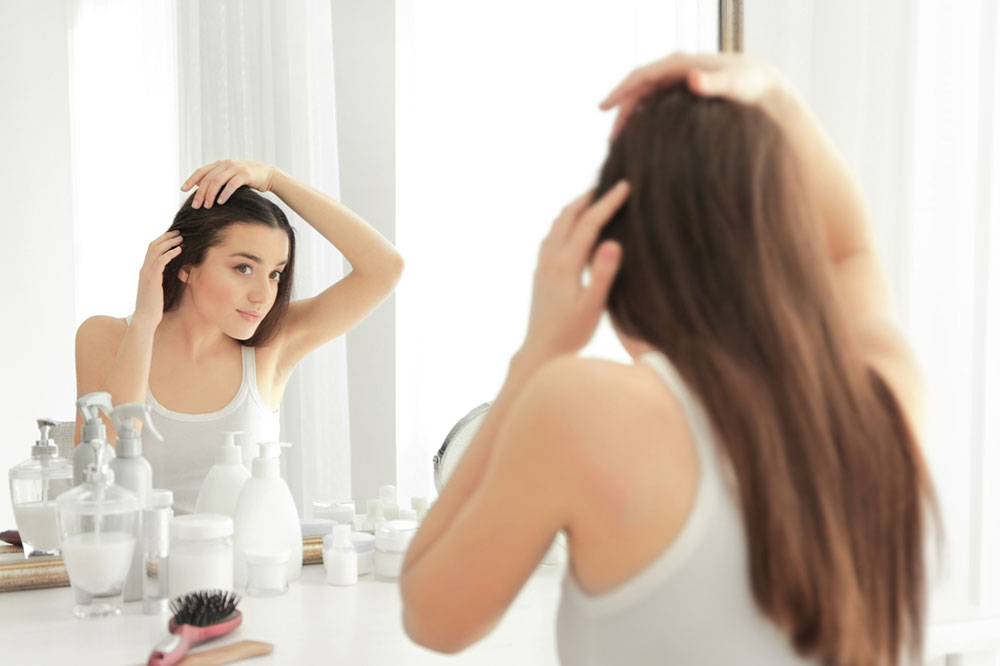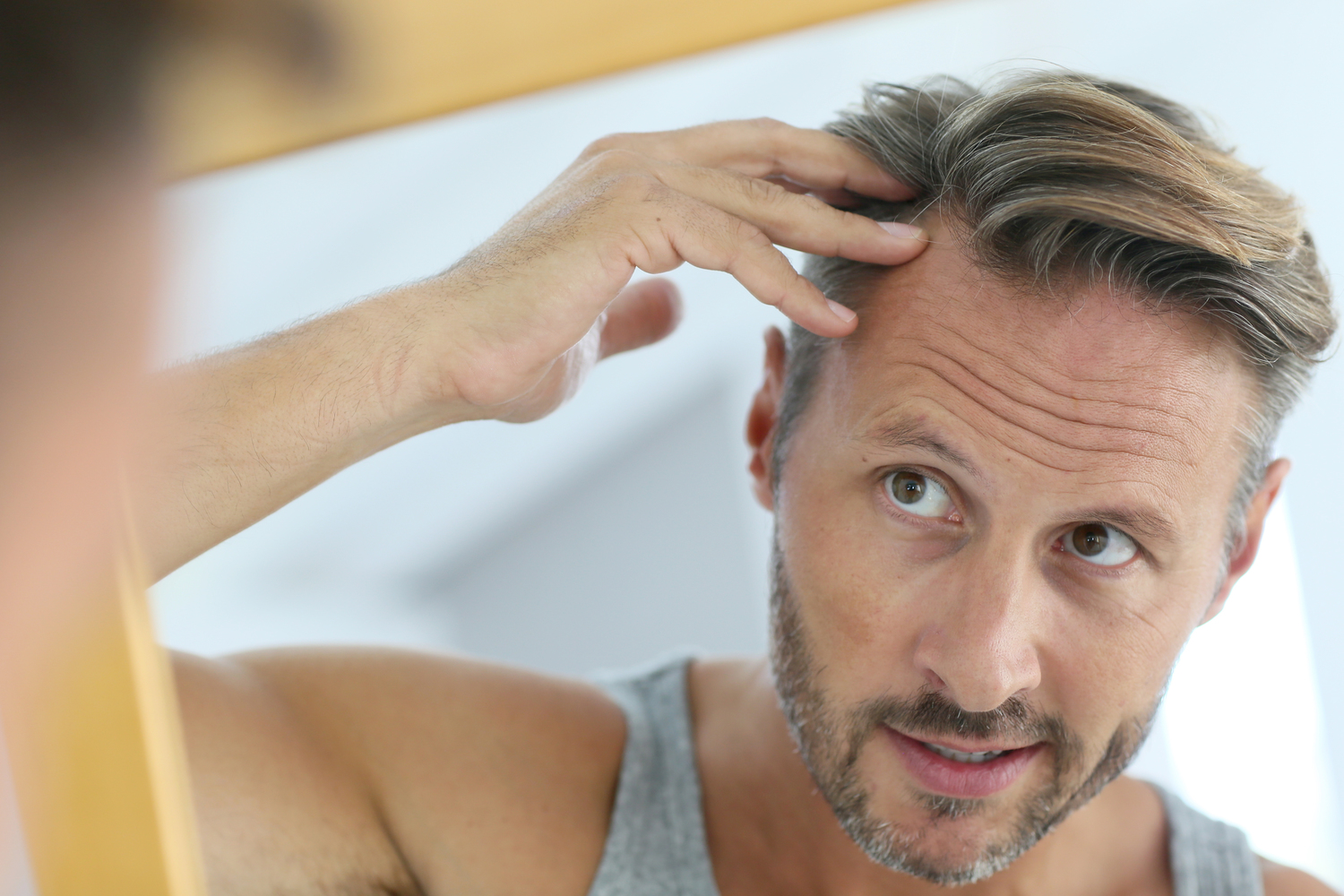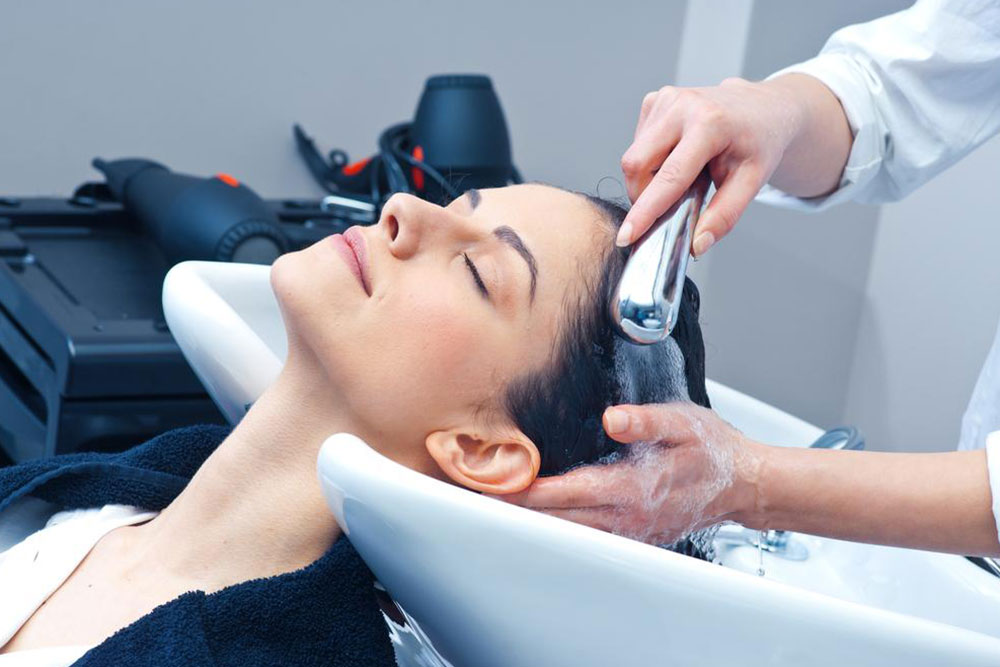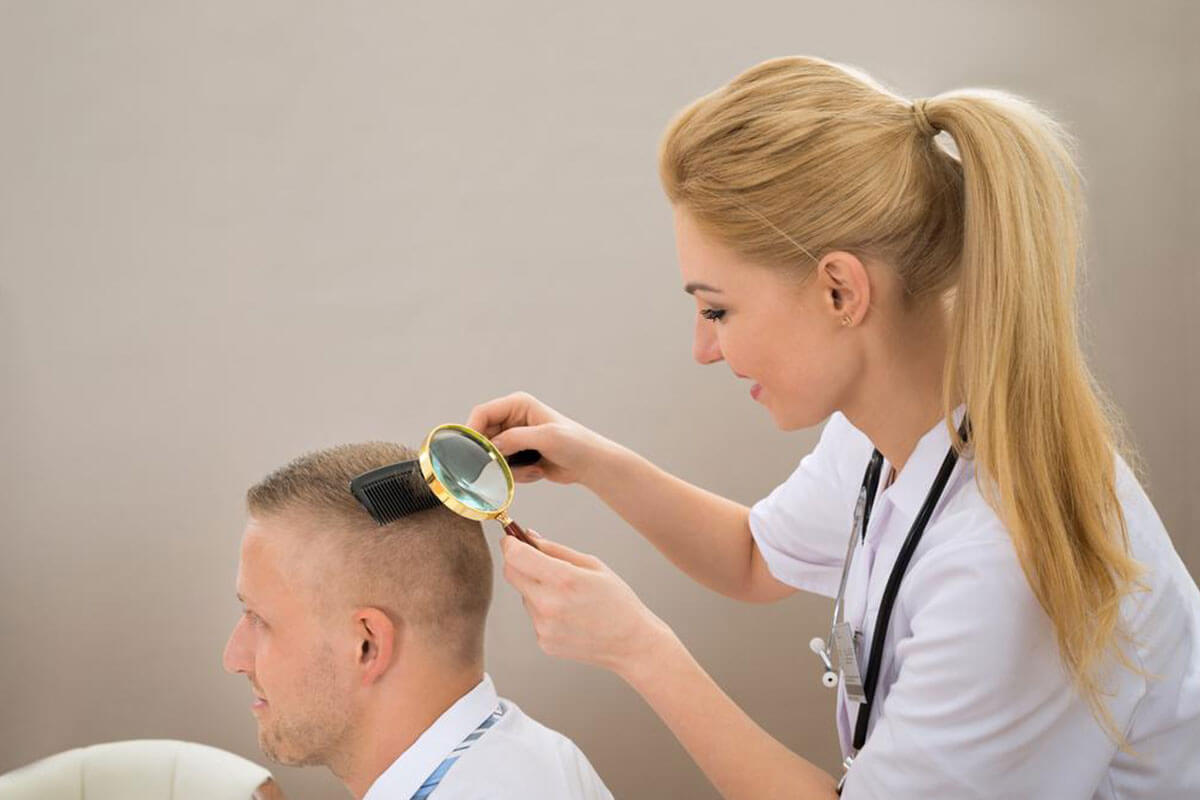Essential Guide to Effective Hair Loss Solutions
Discover effective hair loss remedies ranging from lifestyle adjustments and natural treatments to surgical options. Improve hair health through diet, scalp care, and careful styling, and seek professional guidance for persistent issues. This comprehensive guide offers essential tips to promote thicker, healthier hair and prevent further shedding, suitable for both early hair thinning and advanced loss cases.
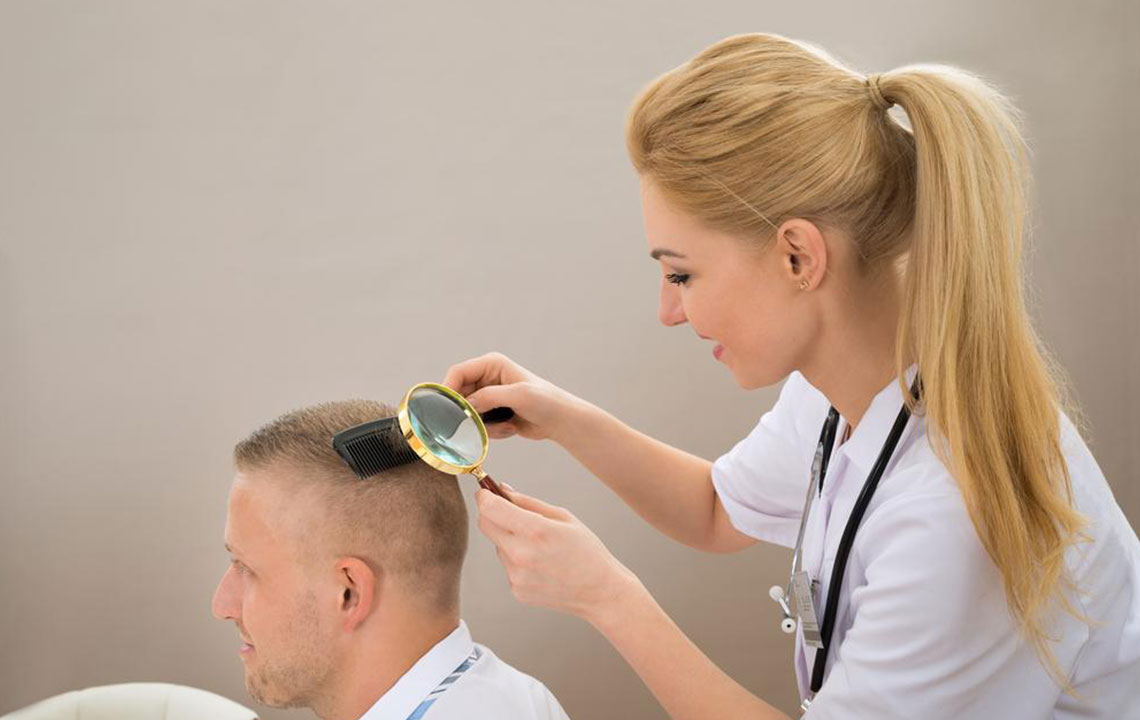
Essential Guide to Effective Hair Loss Solutions
Hair thinning can be concerning! While age-related hair loss and genetics play roles, early baldness can cause ongoing worry. It’s crucial to act promptly with appropriate treatments, which range from natural remedies to surgical procedures like transplants. Additionally, maintaining healthy habits, including diet and hair care routines, can improve outcomes. Identifying causes such as poor nutrition, improper hair products, medications, or infections is key. Proactive steps can help promote fuller, healthier hair and prevent further loss.
When noticing increased hair fall or trying to hide thinning areas, it’s time to adopt effective strategies to strengthen and revitalize your hair.
Improving Hair Health with Simple Lifestyle Changes
Mind Your Diet
Protein-rich foods such as lean meats, eggs, seafood, beans, lentils, nuts, and seeds support hair growth, as hair is primarily composed of protein. Incorporate iron, vitamin B12, and zinc from foods like spinach, citrus fruits, amla berries, cinnamon, Greek yogurt, guava, barley, and sweet potatoes. Limit intake of sugar, processed foods, fried items, and alcohol, which can harm hair health. Avoid crash dieting, as extreme calorie restriction deprives hair of essential nutrients, leading to increased shedding.
Massaging your scalp regularly can boost blood circulation, promoting healthier hair growth. Be gentle when handling wet hair; aggressive towel drying or rough combing can cause damage. Pat hair dry with a soft towel and use a wide-tooth comb once hair is dry or before washing to prevent breakage.
Hair Styling and Product Choices Matter
Excessive use of heat styling tools, hair dyes, and chemical treatments can weaken hair. Opt for minimal chemical exposure and avoid tight hairstyles like ponytails, buns, or braids that exert stress on hair roots. Use heat styling tools sparingly and at low temperatures to avoid protein damage to strands.
Careful Shower Practices
Hot water strips natural oils from hair and scalp, increasing dryness and fragility. Use warm water instead to prevent dehydration and breakage. Proper hair care routines can significantly reduce shedding.
Manage Itchy Scalps
An itchy scalp often indicates dandruff, fungal infections, or scalp conditions. Address these with medicated shampoos or seek dermatologist advice to identify underlying causes and effectively treat scalp issues.
Protect Hair from Sun Damage
UV rays weaken hair fibers, leading to brittleness and breakage. Cover your head with a scarf or hat when outdoors to shield your hair from sun damage.
Medication Awareness
Certain drugs, including antihypertensives, birth control pills, antidepressants, and chemotherapy, can contribute to hair thinning. Consult your healthcare provider if you suspect medication-related hair loss to explore alternatives or solutions.
Surgical Options for Hair Restoration
Procedures like hair transplants, grafting, and scalp reduction offer solutions for significant hair loss. The most suitable treatment depends on individual condition and preferences, to be determined by a specialist.

